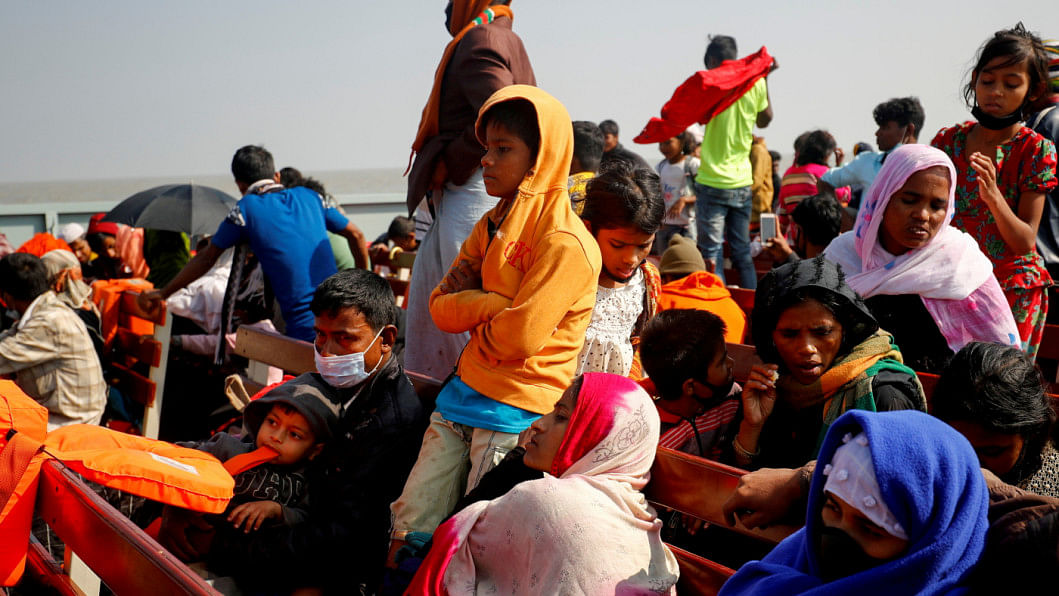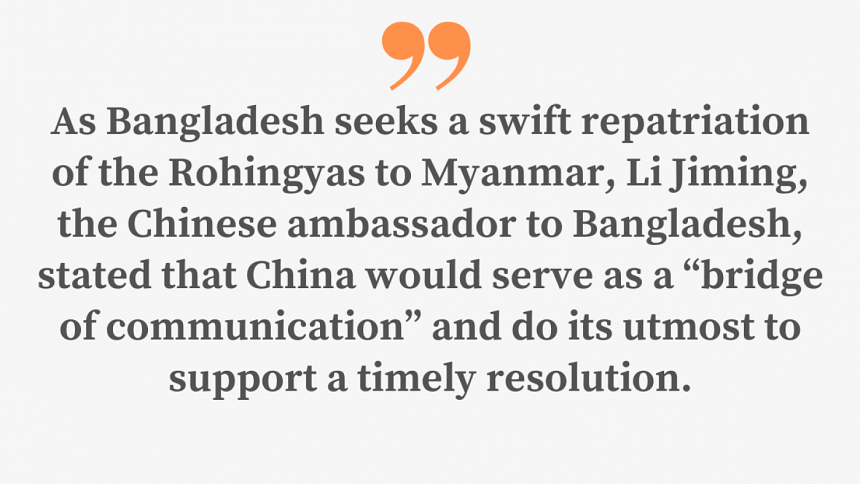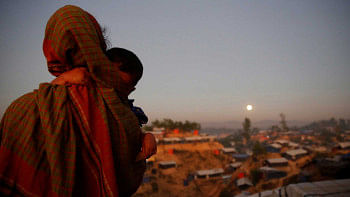China’s role is key to resolving the Rohingya crisis

Bangladesh Foreign Minister AK Abdul Momen recently told journalists that the Myanmar government has agreed to take back the Rohingyas through the mediation of China, after a meeting with the representatives of the Chinese Embassy. However, China could not confirm when the Rohingyas will be returned to Myanmar. In the meeting, various issues regarding the safe repatriation of the Rohingyas and resolution of the crisis were discussed.
The Rohingya situation needs to be resolved diplomatically and via political means, according to the international community. The US and other Western nations keep applying pressure on Myanmar, but they have been unable to ensure the safe and willing return of the Rohingyas. As Bangladesh seeks a swift repatriation of the Rohingyas to Myanmar, Li Jiming, the Chinese ambassador to Bangladesh, stated that China would serve as a "bridge of communication" and do its utmost to support a timely resolution.
A tripartite method for the repatriation of Rohingyas living in Bangladesh was collaboratively devised by Bangladesh, Myanmar, and China during the UN General Assembly session in September 2019. The three nations decided to establish a cooperative working group to carry out the repatriation process. Due to the security situation in Rakhine State, repatriation has not been possible till date. China started the first round of the trilateral meeting in 2018, and on January 20, 2021, there was a virtual tripartite meeting. The repatriation was scheduled to begin by June 2021 at the conclusion of the negotiations, but that hasn't happened yet.
Chinese Vice Foreign Minister Luo Zhaohui joined representatives from Myanmar and Bangladesh for a virtual meeting on January 19, 2022, to discuss the matter further. Following negotiations, all sides agreed to start the repatriation process.
If China is proactive, this crisis can be resolved quickly. The Bangladesh government should take a tripartite reconciliation initiative with Myanmar, along with China. The government has started walking in that direction.
Myanmar has a multidimensional historic relationship with China. China has provided extensive assistance to Myanmar's agriculture, industry, and trade. Despite Myanmar's internal conflict and civil war, the economic relationship between the two countries is expanding. Myanmar is internally at war with about 30 different groups. As a result, incidents like shelling are happening on the border of Bangladesh as well. The Bangladesh government is handling the situation with great patience, continuing the policy of maintaining good relations without engaging in counter-conflict with Myanmar.

A hostile attitude will not solve the crisis. Rather, it is necessary to focus on how to improve the relationship between the two countries in a way that could benefit both. Bangladesh can also benefit from China's cooperation with Myanmar in agriculture, industry, and other commercial activities. It can also take the opportunity of investing in the agro-industry there.
Bangladesh imports fish, rice, wheat, and other products from Myanmar. Many products are also exported from our country to Myanmar. Both countries will benefit if they can further increase this mutual trade relationship.
Long ago, Bangladesh announced a "Look East" policy in terms of expanding geopolitical and economic ties with other Asian countries. Myanmar is the main gateway to the east for Bangladesh. In view of this, it is in our interest to maintain good relations and goodwill with Myanmar.
From a pragmatic point of view, the Rohingya crisis needs to be solved sooner rather than later. But even before the crisis gets solved, Bangladesh should try and improve its relationship with Myanmar by pursuing initiatives that are mutually beneficial for both countries.
Samina Akhter is a human rights activist and writer.

 For all latest news, follow The Daily Star's Google News channel.
For all latest news, follow The Daily Star's Google News channel. 





Comments